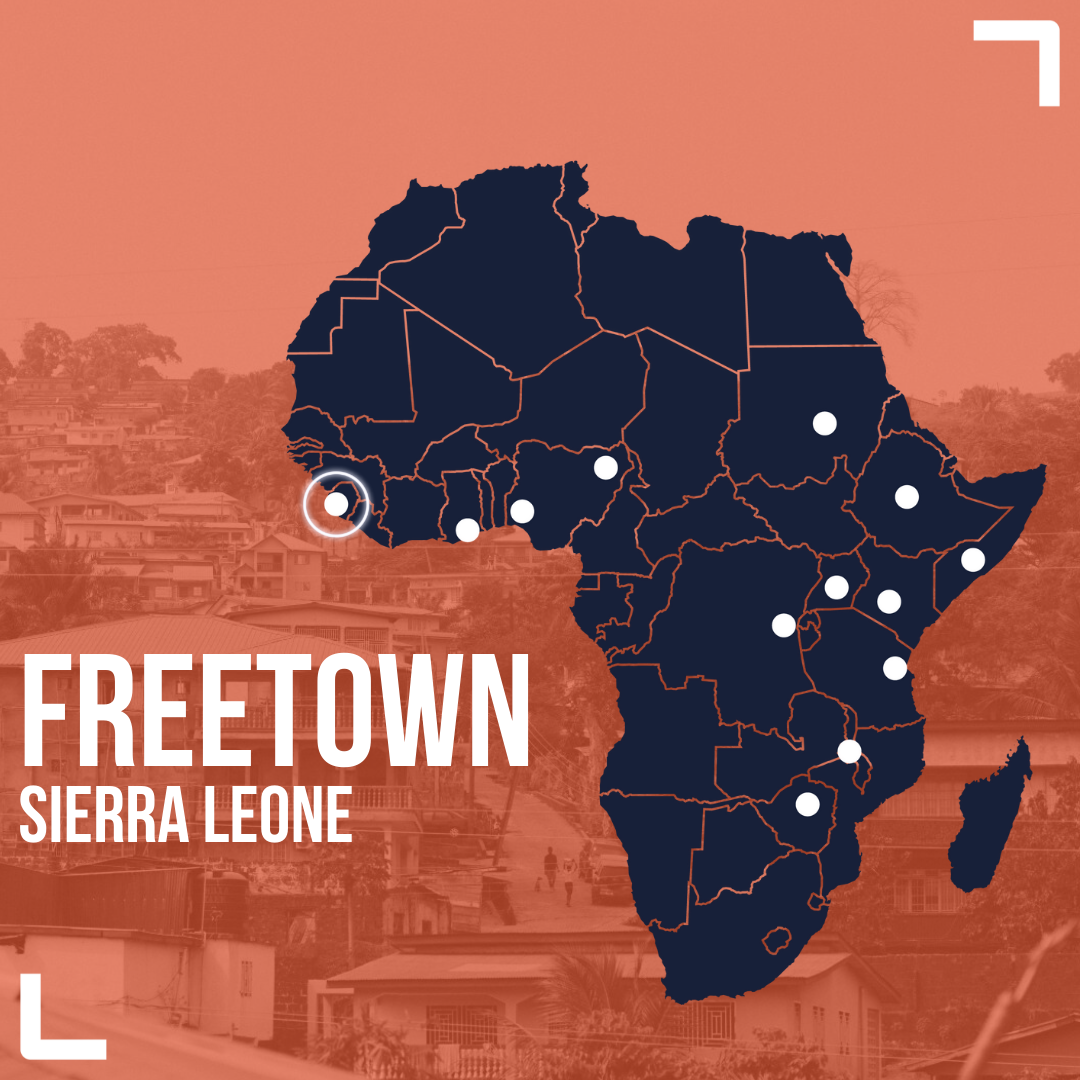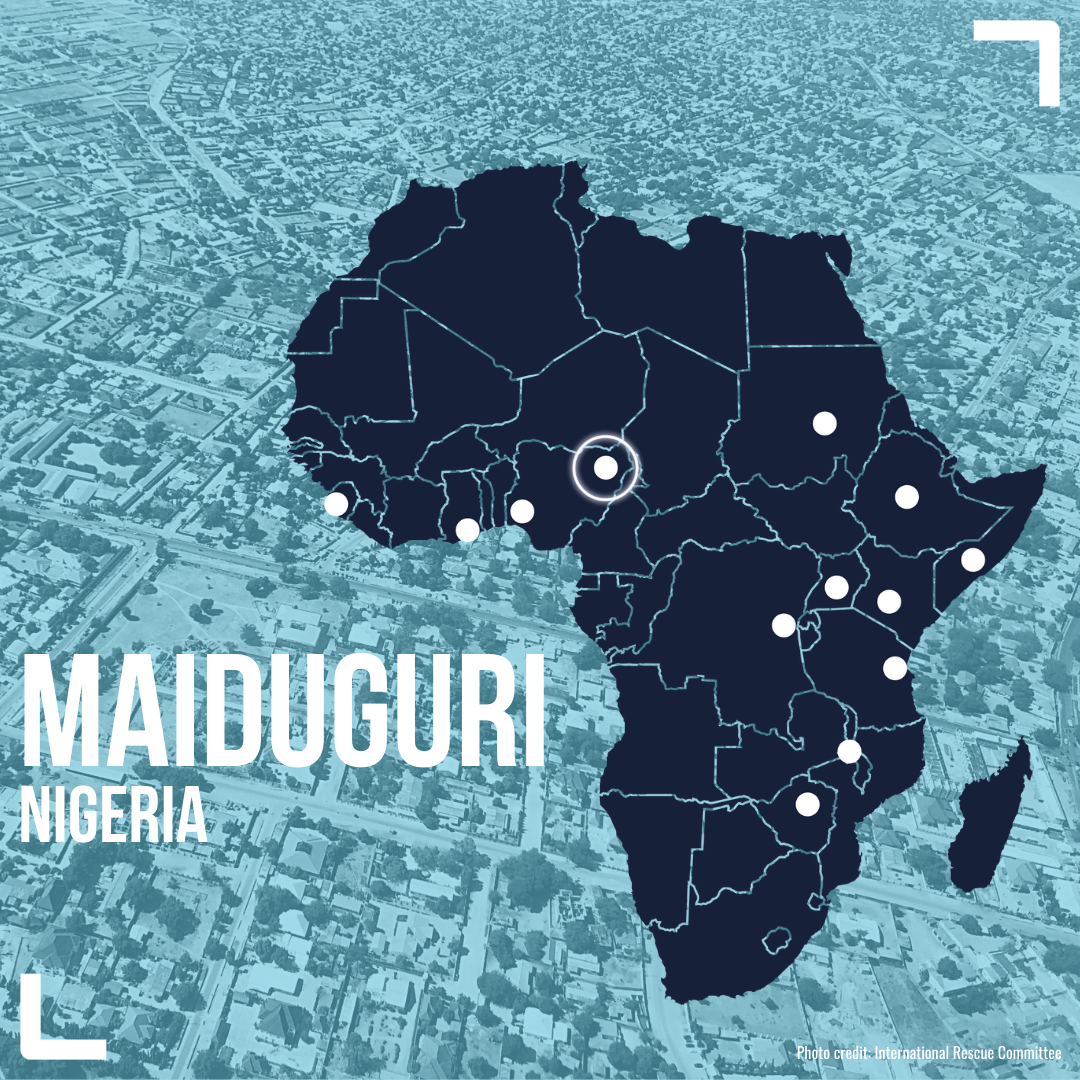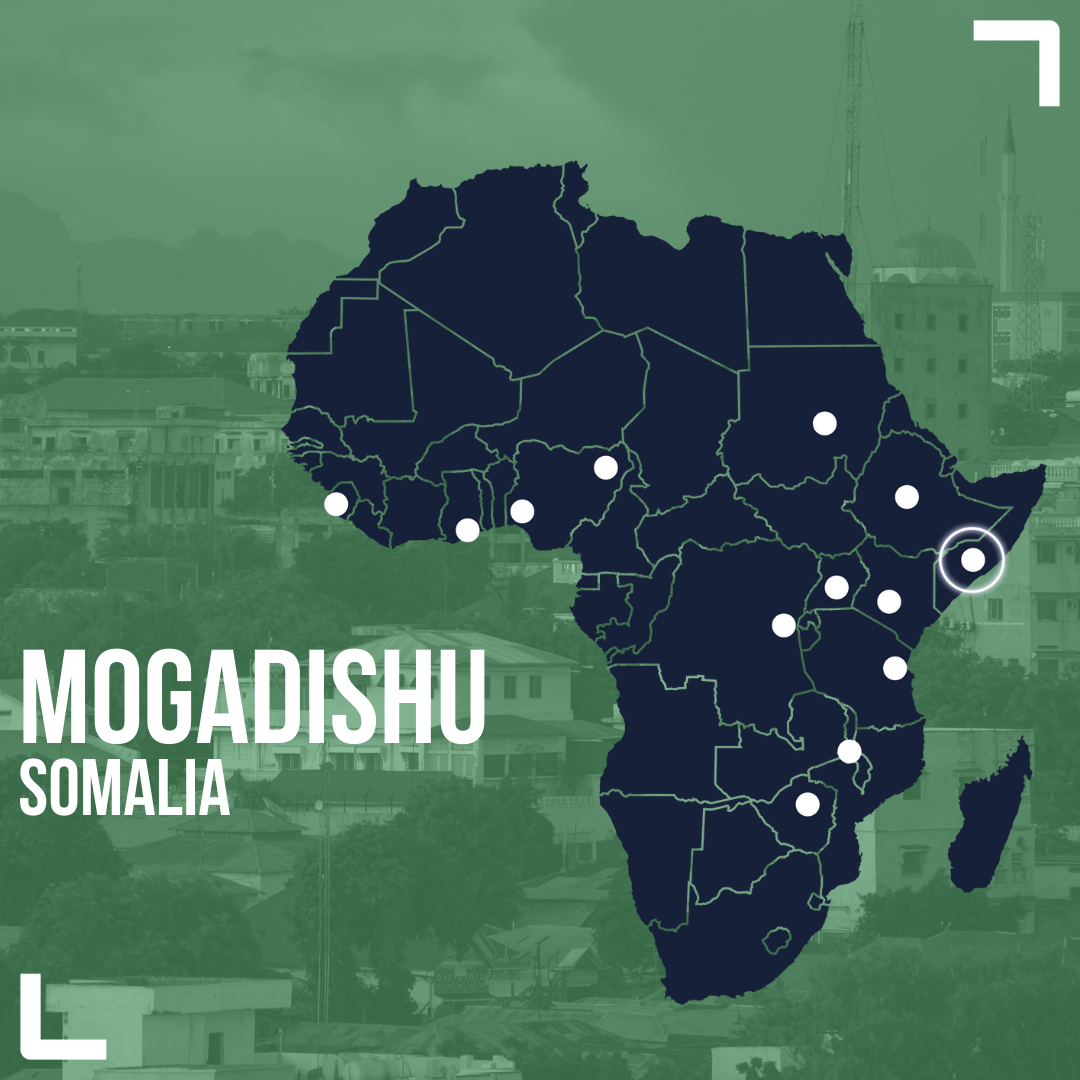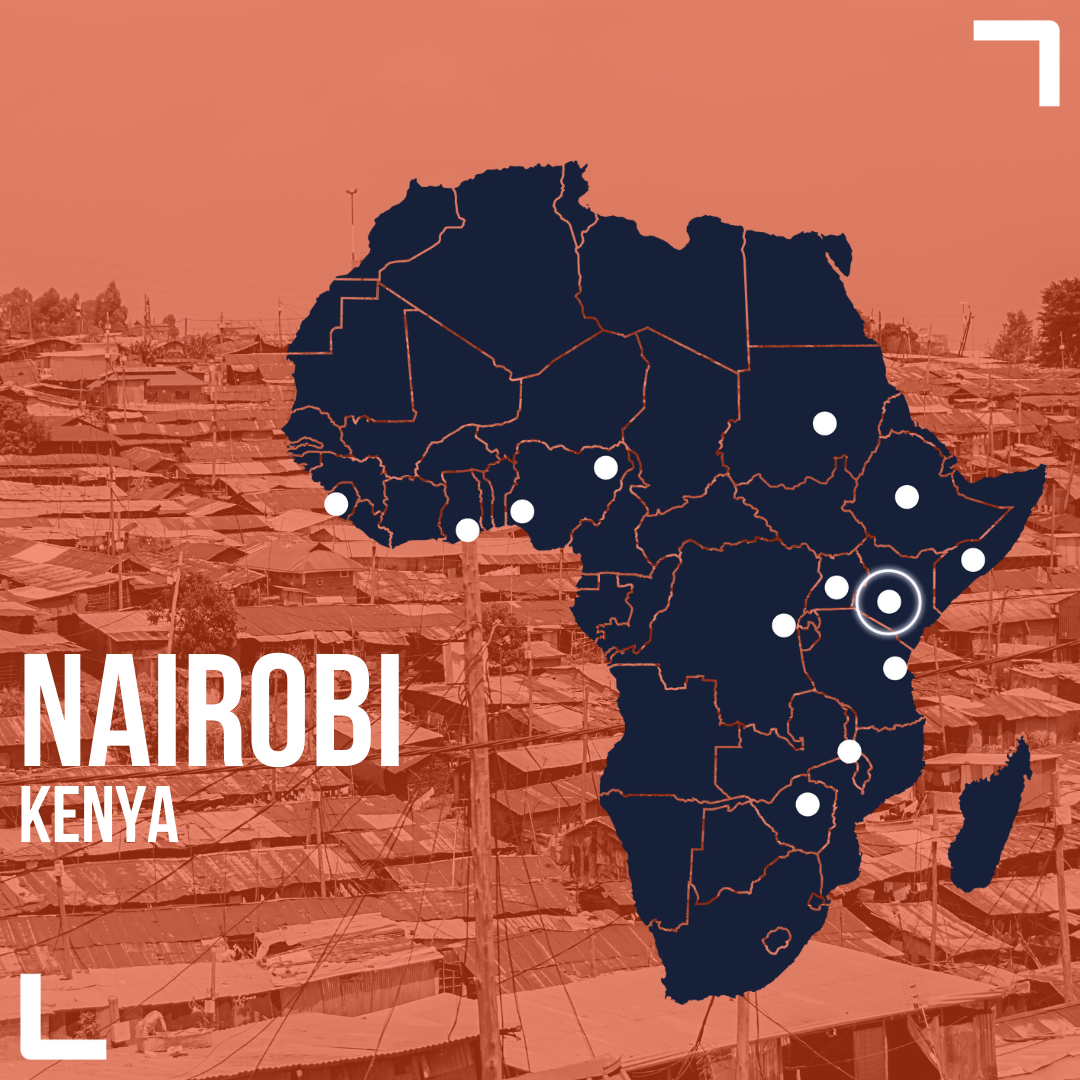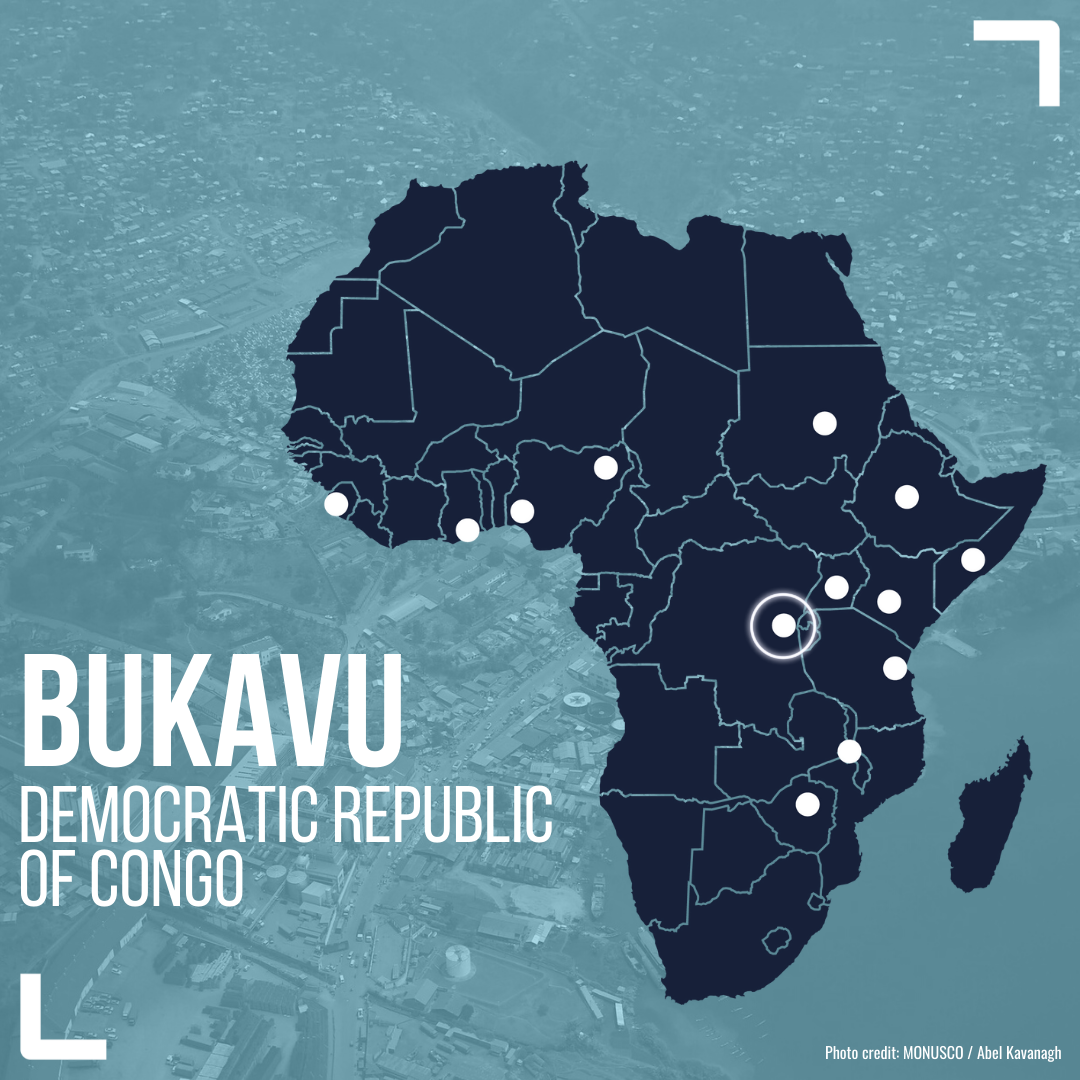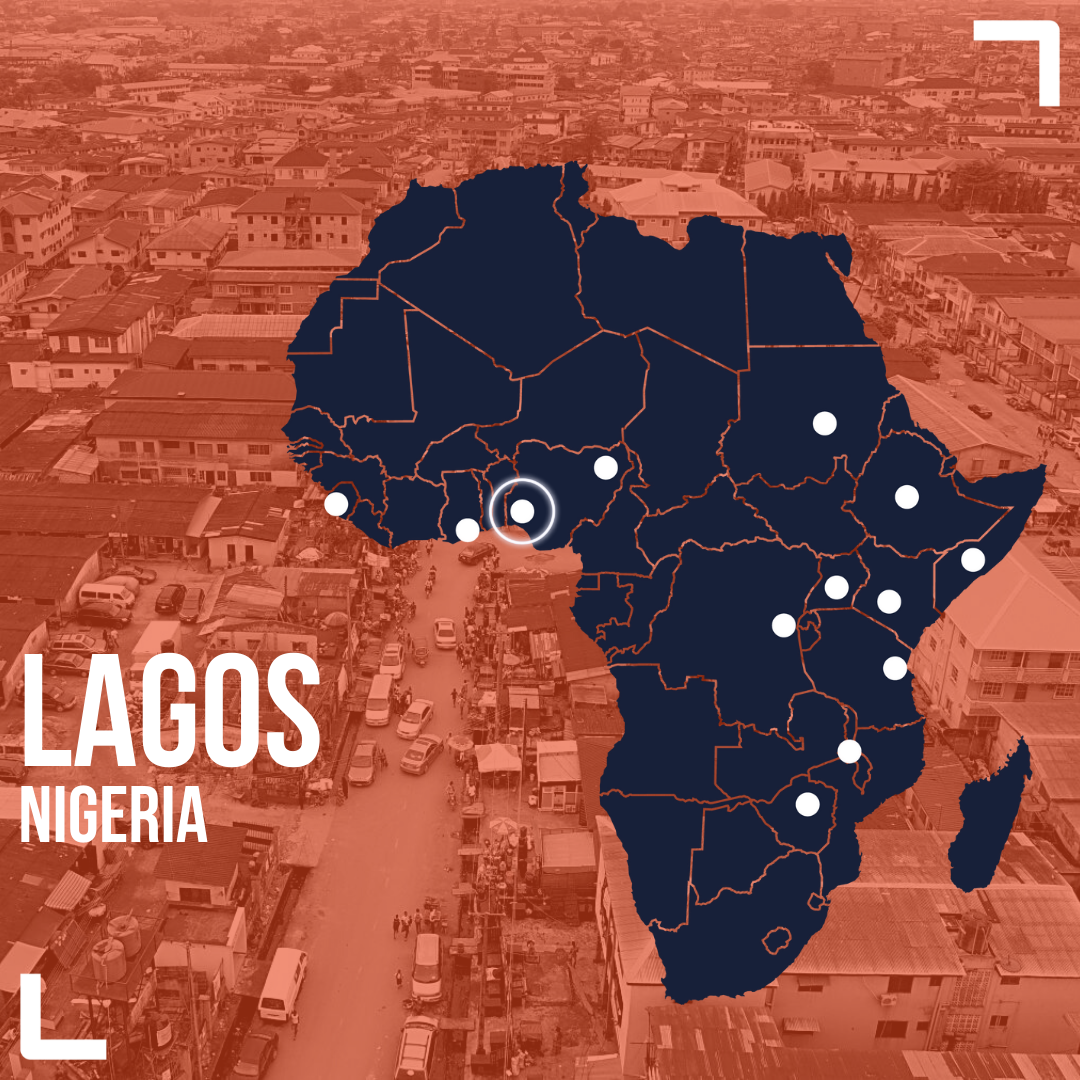Safety and security
Many residents of African cities are vulnerable to widespread crime and violence. Perceived and real threats of violence or exposure to crime can limit mobility – particularly for women and girls, children and minority groups – with a knock-on effect on education, livelihoods and general wellbeing.
Notably, in conflict-affected African states, violence, armed insurgency and terrorism might unfold in cities or generate an exodus of refugees and internally displaced people (IDPs) into urban areas. Crime, violence and conflict undermine economic growth and deepen mistrust of governance, security and justice institutions – frequently leading to vigilante organisations and “street justice”.
Enhancing safety and security in African cities requires pulling together various city systems, such as transport, road networks, policing, land ownership, water and sanitation, and electricity. ACRC will analyse the interplay of these systems – along with how the political economy of safety and security is reflected within city power dynamics – to identify measures that reduce violence and crime, and address the perception and fear of harm. We will also explore conflict resolution and how the integration of IDPs can be better facilitated within conflict-affected states.
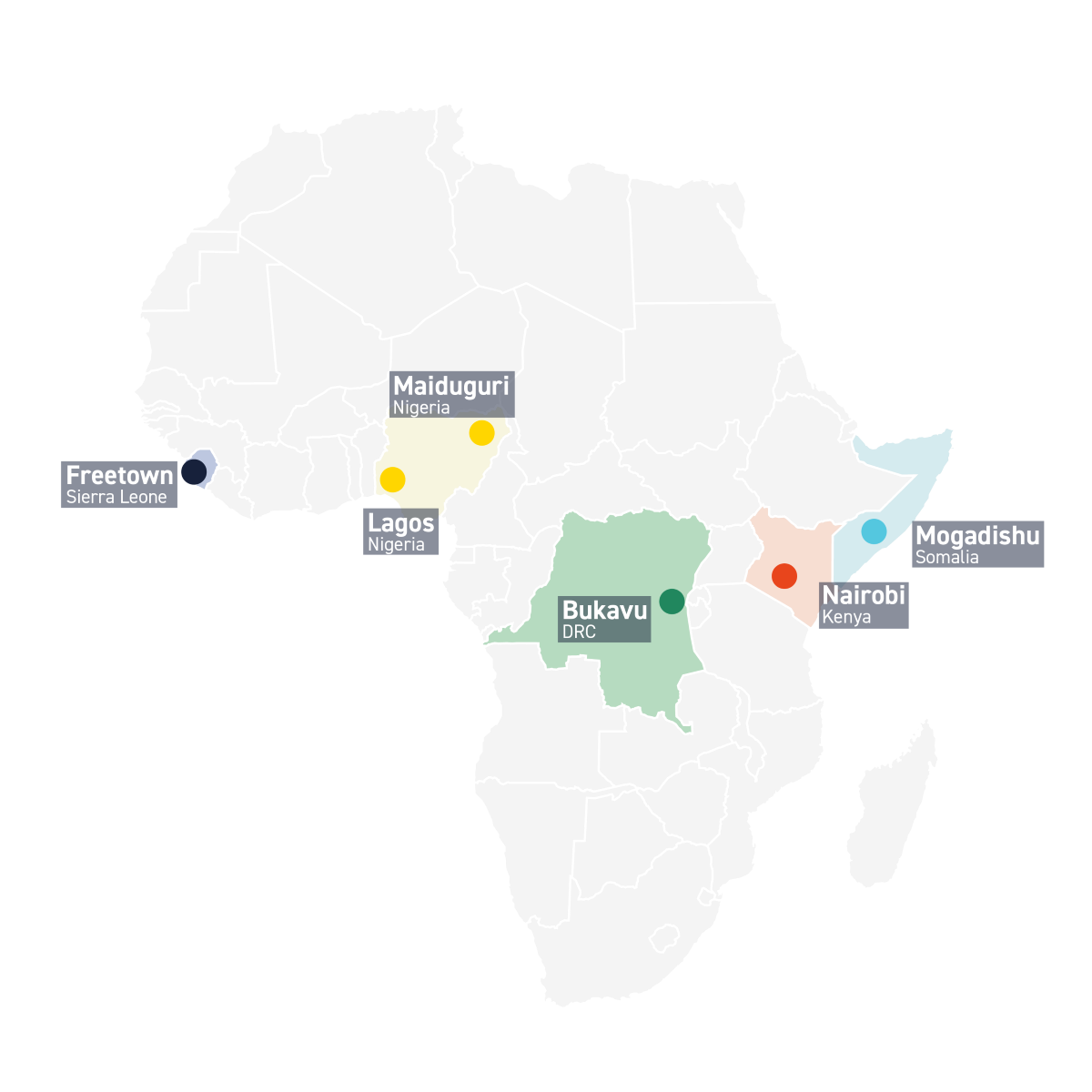
LATEST NEWS from ACRC
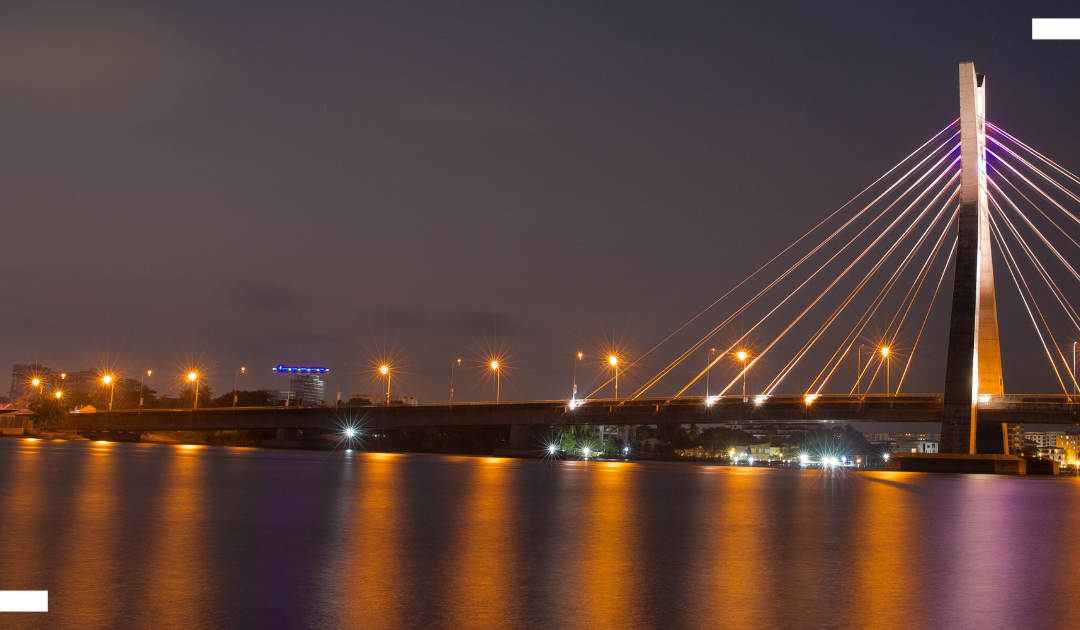
Streetlights in Lagos can boost safety and grow the economy – why not everyone benefits
Streetlighting plays a crucial role in public safety and security, and it promotes inclusive social and economic development by boosting local commerce, street businesses and community engagement.

In the shadow of Nairobi’s expansion: From peasants to paupers
In a new open access book, Peasants to Paupers: Land, Class and Kinship in Central Kenya, Peter Lockwood – former Hallsworth Fellow at The University of Manchester and now a postdoctoral researcher at the University of Goettingen – tells the human stories behind Kenya’s rapid urban expansion and the families being left behind.
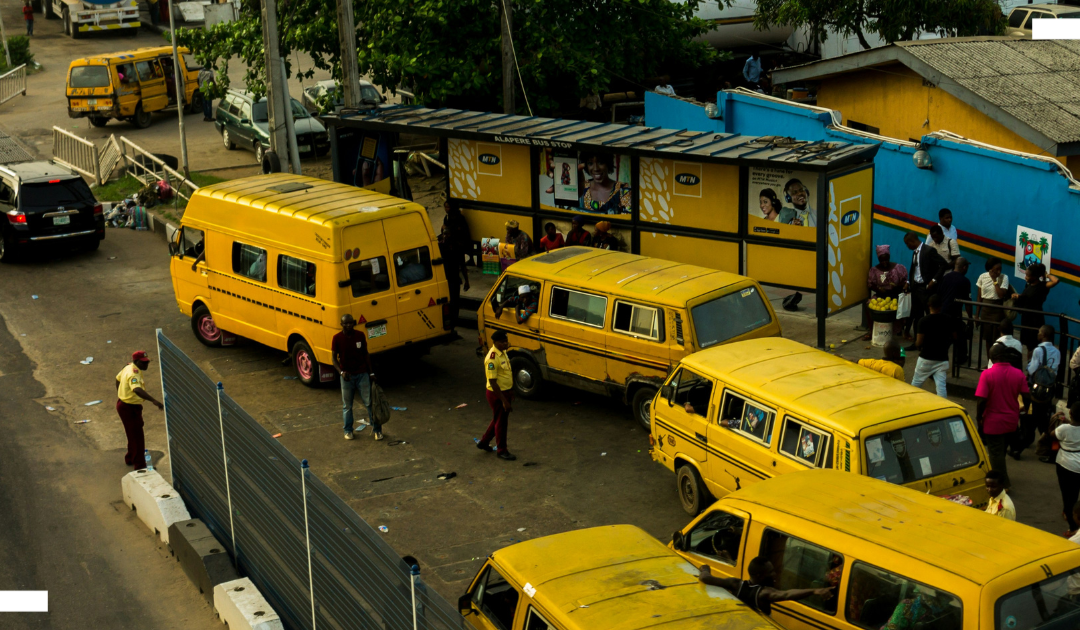
Crime-fighting in Lagos: Community watch groups are the preferred choice for residents, but they carry risks
Criminal activities have developed into a security crisis in Nigeria. Alongside the responses of security agencies such as the police and military, there has been a huge local response, with community groups mobilising in the face of criminal attacks.

